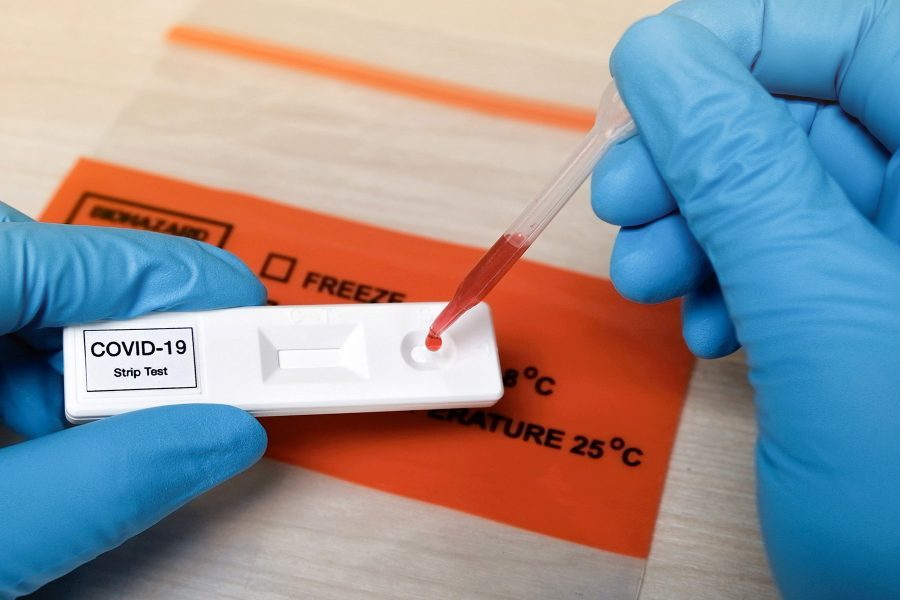On Tuesday, July 27, Nigeria recorded 404 additional Covid-19 cases across the country, representing the highest number of daily cases in over 4 months.
Although no death was reported on Tuesday, the reported number of cases is the biggest daily increase in the country since March 4 when 708 cases were confirmed, taking the total count to 171,728 infections and 2,134 casualties.
This was disclosed by the Nigeria Centre for Disease Control (NCDC), in its latest update on the coronavirus outbreak on Wednesday morning.
According to the News Agency of Nigeria, available data from the NCDC shows that a total of 4,010 cases have been recorded so far in the month of July, a significant increase compared to 1,100 and 1,394 recorded in the months of June and May 2021, respectively.
The 404 infections were reported in 11 states with Lagos State making the highest contribution of 356 in the day under review.
The report also says that Lagos was followed by Rivers which recorded 18 cases, FCT (7), Ekiti (5), Kaduna (5), Gombe (3), Kano (3), Edo (2), Ogun (2), Bayelsa (1), Plateau (1) and Nasarawa(1).
The NCDC disclosed that 39 people have recovered and were discharged from various isolation centres in the country, bringing the total to 164,837 recoveries across the 36 states of the Federation and the Federal Capital Territory.
The agency assured that a multi-sectoral national Emergency Operations Centre (EOC), activated at Level 2, continues to coordinate the national response activities.
The NCDC added that the country had also tested over 2.4 million samples for the virus out of the country’s estimated 200 million population adding that the country’s active cases stood at 4,737 as of July 27.
What you should know
These recent increases in infection rates is coming a few weeks after the Federal Government confirmed the Delta Covid-19 variant in the country, detected in an international traveller.
The Delta variant which has been detected in over 100 countries and is expected to spread to more countries, is recognised by the World Health Organisation (WHO) as a variant of concern, given its increased transmissibility.
The surge in the number of infections in various countries including Nigeria can be linked to the variant.
The Federal Government and some state authorities have reintroduced the initially relaxed protocols, as part of efforts to prevent the disturbing trend.
Among the measures put in place is the mandatory use of face masks in public places, maintaining social distancing, and restriction of crowds in places of worship and social gatherings.















